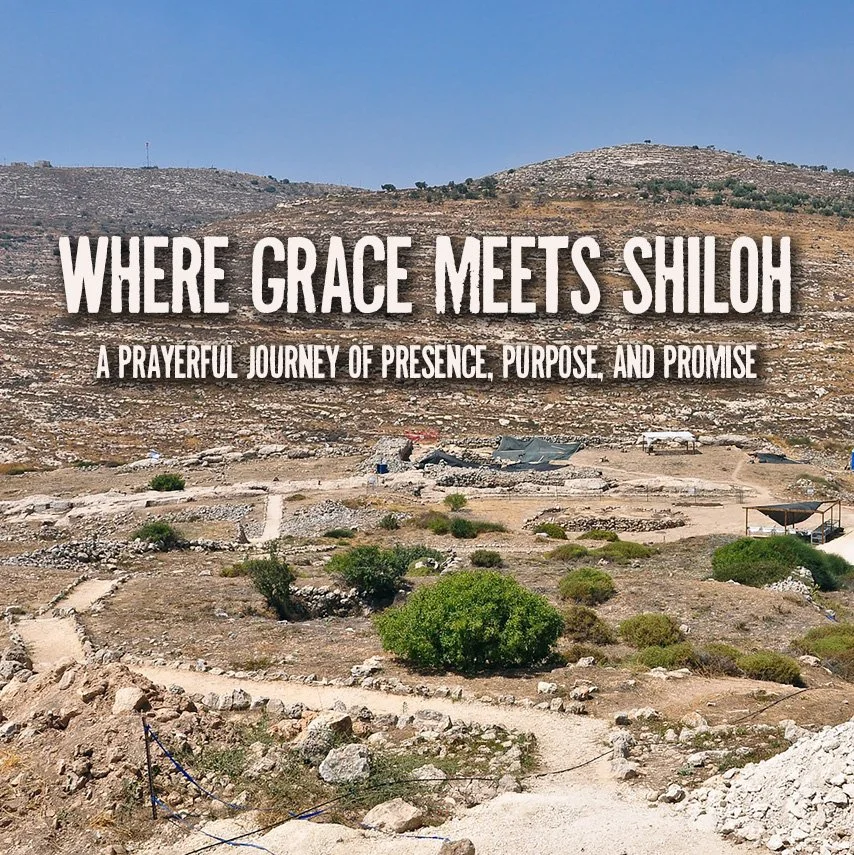A Promising Future
Where Grace Meets Shiloh: Part 4
September 7, 2025
1 Samuel 3:1-21, 1 Samuel 7:3-17
So, Samuel grew up, and the Lord was with him, not allowing any of his words to fail. All Israel from Dan to Beersheba knew that Samuel was trustworthy as the Lord’s prophet. The Lord continued to appear at Shiloh because the Lord revealed himself to Samuel at Shiloh through the Lord’s own word.
~ 1 Samuel 3:19-21 (CEB)
_______________
Samuel grew up in Eli’s household as a servant of Lord’s tabernacle. In some ways, we might say he grew up in church, literally. He became comfortable around the holy things and learned early on to appreciate their significance.
He also had a front row seat to corruption in the house of God. He saw Eli’s sons taking advantage of the offerings and even abusing the women who served at the tent of meeting. Samuel knew both the best and worst of religion firsthand.
The story in chapter 3 is familiar: God calling to a young boy in the night and giving him a vision for Israel. Samuel did not recognize God’s voice at first, but Eli taught him how to respond and listen.
Unfortunately for Eli, God’s word to Samuel meant bad news for his family. The corruption of Eli’s sons and Eli’s unwillingness to confront it had reached its limit. Their priestly service would end, and justice would be restored.
To Eli’s credit, he accepted God’s judgment, even when it came through a child. Samuel grew to be a great prophet, trusted by the people.
We often hear this story in individualistic terms: a young boy hearing God’s call to ministry. This is the way we often hear it at ordinations alongside the hymn, “Here, I Am Lord.”
While there is nothing wrong with that reading, I am struck this week by what this text says to us as a community. The tabernacle was not a church in our modern sense, yet it shared a similar role as a center of worship, and was not immune to corruption, even within its own leadership. In every generation, God’s people have wrestled with the tension between the holiness we are called to and the reality of our brokenness.
But here is where I believe it also points to a promising future. Despite all the faults of the tabernacle, or the church, God continues to speak. Just as God spoke to Samuel, the Spirit still raises up leaders to call God’s people back to their holy purpose. Chapter 3 ends with the hopeful reminder that the Lord continued to appear at Shiloh because the Lord had revealed himself there to Samuel, and Samuel remained faithful to the word he had been given.
To whatever degree we are faithful with the word entrusted to us, this church, and the church throughout the world, can still bear witness to God’s faithfulness, even when we have been unfaithful.
For Further Reflection:
How have you heard God’s word spoken to you through the church?
What is yours to do in helping the church live faithfully?





